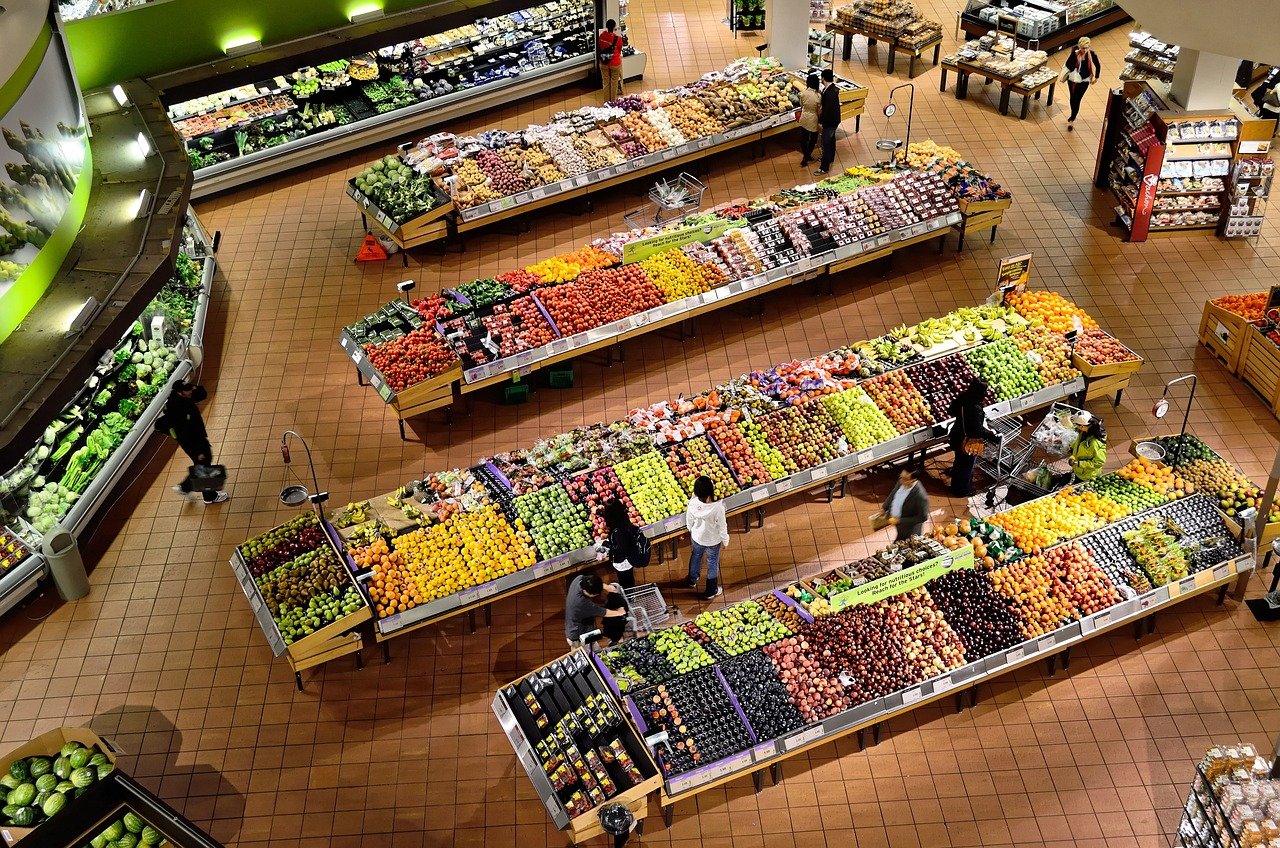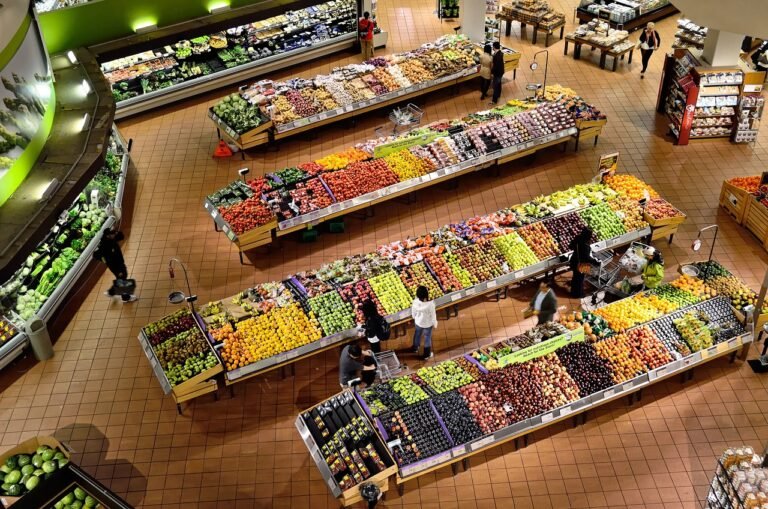Physical Address
304 North Cardinal St.
Dorchester Center, MA 02124
Physical Address
304 North Cardinal St.
Dorchester Center, MA 02124


In a world where single-use plastics and excessive packaging are the norm, transitioning to a zero-waste grocery routine can feel like a big step. However, a few simple practices can make a huge impact. By making mindful shopping choices, you can reduce waste, support sustainable practices, and ultimately contribute to a healthier planet.
Switching to a zero-waste grocery routine offers both environmental and personal benefits. Reducing plastic waste is key in tackling the global plastic crisis, and using reusable items and purchasing unpackaged goods are both effective ways to minimize single-use plastics. Additionally, a zero-waste grocery routine often encourages healthier, fresher food choices.
If you’re looking to get started with a zero-waste shopping routine, these steps will help guide you through a sustainable transition.
Begin by assembling a reusable grocery kit. This kit can include reusable bags, produce bags, jars, and containers for bulk items. By keeping your kit in your car or by the door, you’ll always have it ready when you head out for shopping.
Buying in bulk is one of the most effective ways to reduce packaging waste. Many grocery stores offer bulk sections where you can fill your containers with grains, spices, nuts, and more. Simply weigh your containers before filling, and don’t forget to label the item numbers to make checkout easier.
Read more about bulk buying tips.
If bulk options aren’t available, look for items in glass or paper packaging instead of plastic. Glass is infinitely recyclable and can be reused at home, while paper is biodegradable. Products like pasta, sauces, and oils are often available in glass containers, and choosing these options helps cut down on plastic use.
Farmers’ markets are a great place to find fresh produce with minimal packaging. By shopping locally, you’re also supporting small-scale farmers and reducing the carbon footprint associated with transporting food over long distances. Bring your reusable bags, and ask vendors if they’re willing to pack items directly into your containers.
Consider switching to refillable or concentrated products to reduce the amount of packaging waste. Many stores now offer refills for items like oils, vinegar, and cleaning supplies. Concentrated products, such as cleaning sprays and personal care items, also use less packaging and require less space in your home.
Making sustainable changes to your shopping routine doesn’t stop at the store. Incorporate these habits for a well-rounded zero-waste lifestyle:
Meal planning and making a shopping list can help prevent overbuying and reduce food waste. Stick to your list, and only purchase what you truly need. This simple practice can make your grocery trips more efficient and reduce impulse buys.
Prioritizing fresh and local foods often means less packaging and a lower environmental footprint. Fresh produce is usually sold without packaging, and local foods require less transportation.
Learn proper food storage techniques to prolong the freshness of your items. For example, store leafy greens in a damp towel to keep them crisp, and place mushrooms in a paper bag to prevent moisture buildup.
Sarah, a busy mom in New York, wanted to reduce her family’s plastic use. She started by bringing her reusable bags and shopping at a local farmers’ market. Over time, she integrated bulk shopping into her routine and now saves money while significantly reducing waste. Her zero-waste journey has inspired her children to be more conscious of the environment, too.
Starting a zero-waste grocery routine doesn’t have to be overwhelming. With small, mindful changes, you can make a meaningful impact on the planet. Try incorporating one or two of these tips into your next shopping trip and see how easy it can be to shop sustainably.
What are your favorite zero-waste grocery tips? Have you tried buying in bulk or bringing your own containers? Let us know in the comments!